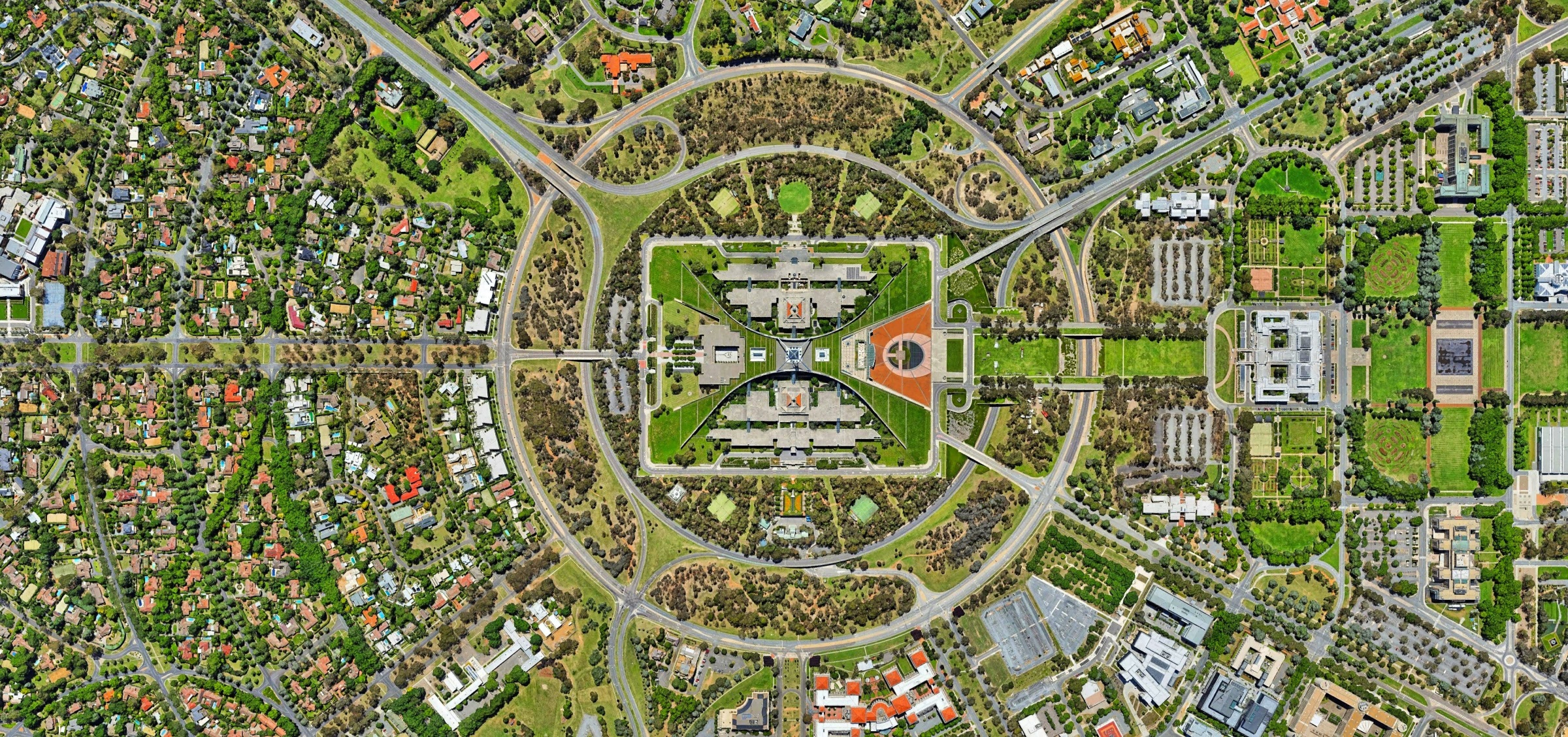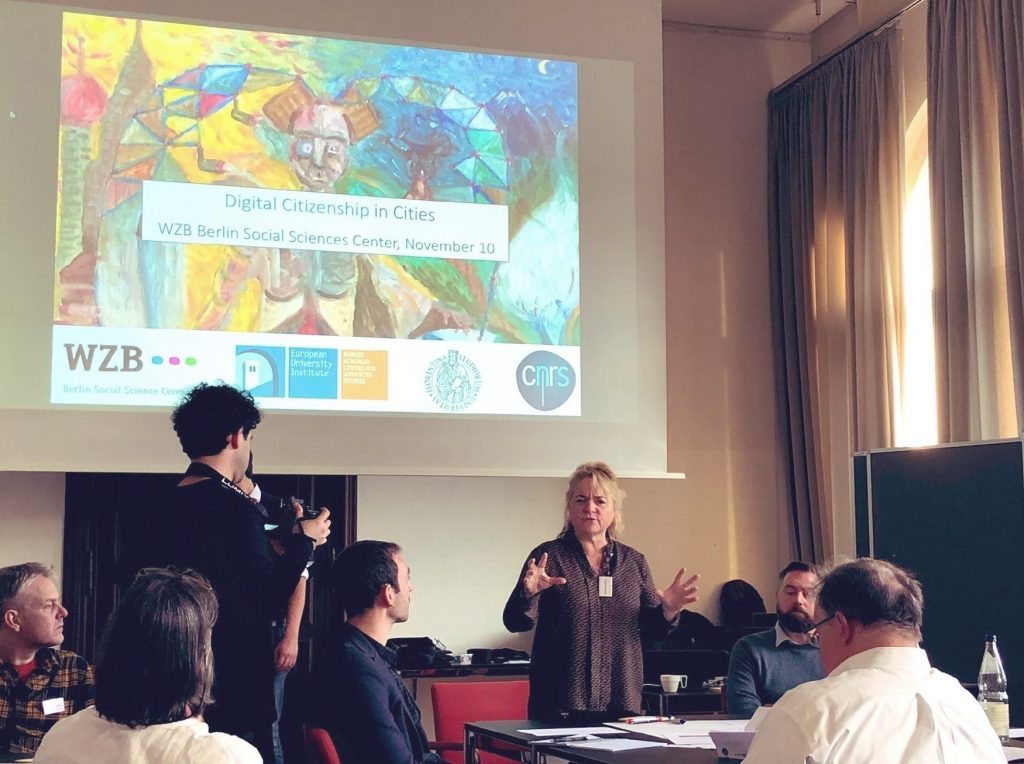Global Cities and Citizenship
Cities, Global Mobility and Citizenship
More than half of the world’s population resides in urban areas, and by 2050, cities are expected to grow by an additional 2.5 billion people. According to the International Organization for Migration, a substantial portion of this growth will occur because of migration, with an estimated three million people moving to cities each week.
The impact of migration on cities is, and will continue to be, significant. Migration puts additional pressure on the provision of social services, such as affordable housing, health services, and education, as well as on water, power and transportation infrastructure. International migration can also raise challenging issues of social cohesion, as cities seek to integrate large numbers of persons who speak different languages and come from diverse cultural, religious and ethnic backgrounds.
The Cities and Human Mobility Research Collaborative (CMMRC) connects leading migration research institutions from countries around the globe. It collaborates on conceptual and evidence-based research and policy analysis including on the topics of data of urban growth, inclusion, new technologies and forced migration.




